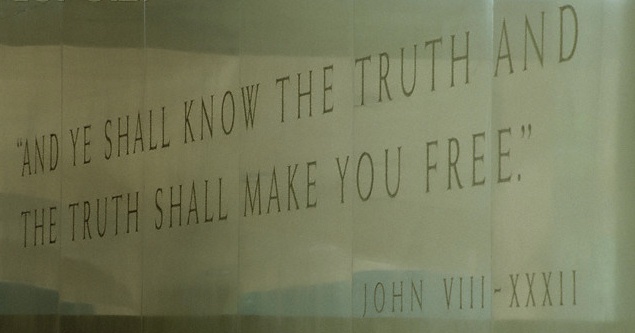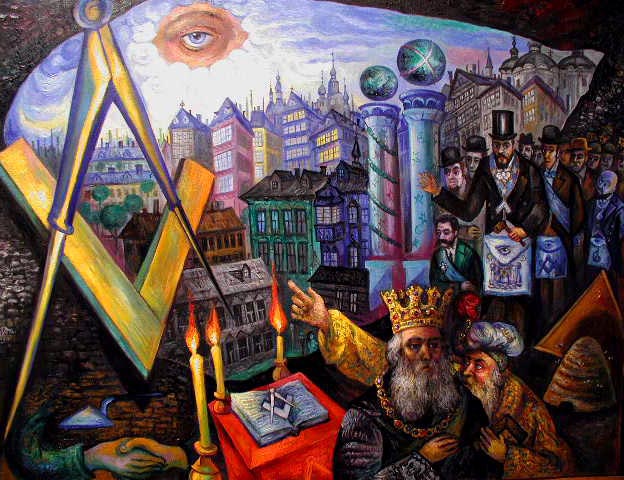p. 572
president of the Areopagites holding the helm of the Order, be the absolute director. 22
Weishaupt, who left nothing relating to the disorganizing arts in an imperfect state, must, no doubt, have composed instructions to guide his successors in the exercise of their supremacy, and to teach them how to make the same use of it which he intended. But the reader will easily conceive, that these never could have escaped the vigilance of the Sect, nor pierced the dark cloud with which it had enveloped itself. It may even be possible that Weishaupt had not sufficient confidence in his Areopagites to entrust them with the entire plan. Throughout the whole hierarchy of Illuminism the lower degree is entirely ignorant of the particular instructions of the superior degrees; and why should not Weishaupt, who wished to perpetuate his disorganizing genius in all the succeeding Generals, have followed the same plan? He undoubtedly dictated laws and rules for their conduct, gave them rights which were to maintain both themselves and their Areopagites in their hierarchical superiority, and second them in the pursuit of their grand object; and these were entitled Instructions for the General of the Illuminees. No historian can flatter himself with the discovery of such a code of artifice and cunning; the most unrelenting wickedness and hypocrisy had invented it; and genius alone can pretend to dive into such secrets. The historian can only pretend to collect those articles which are to be found in Weishaupt’s familiar correspondence, or in other parts of the code or writings of the Sect. Were we to throw this compilation into the form of instructions, the following might be nearly the result of our research.
I. The General shall be chosen by the twelve Peers of the Areopage, on the plurality of votes. 23
II. The Areopagites can only elect one of the members of their senate for General; (ein aus ihrher mitte gewähltes oberhaupt); 24 that is to say, a man who has sufficiently distinguished himself among the Regents to be admitted among the twelve supreme adepts of Illuminism, and who has afterwards made himself so eminent in their council, that he is judged to be the first Illuminee in the world.
III. The adept is supposed to possess qualities requisite for a General in consequence of those he may have evinced before he was called to the Supreme Council. As he is to preside over the whole Order, he must (more than any body else) be impressed with the principles of the founder, and be divested of all religious, political, or national prejudices. The grand object of the Order must be more particularly inculcated into him, namely, that of teaching the whole universe to set aside all government, laws, and altars; and he must perpetually attend to the grand interests of human nature. His zeal is to be stimulated at the sight of every man who is subjected to any authority. It is to reinstate the inhabitants of the earth in their original Equality and Liberty that he is constituted General of all the Illuminees that are or will be spread over the world during his reign, all labouring at the accomplishment of the grand revolution of the Man-King. 25
p. 573
IV. The General shall have immediately under him the twelve Peers of the Supreme Council, and the various agents and secretaries which he shall judge necesssary to second him in the exercise of his functions. 26
V. The better to secure himself from the notice of the civil and ecclesiastical powers, he may assume, after the example of the founder, some public office under the very Powers the annihilation of which is to be his sole object. But he will be only known to the Areopagites and to his agents and secretaries in his quality of General. 27 The better to conceal the residence of the General, the town where he has fixed will have three names. The common name known to all; the geographical one peculiar to the Order; and a third known only to the Areopagites and the Conscii or Elect. 28

Moe is the founder of GnosticWarrior.com. He is a father, husband, author, martial arts black belt, and an expert in Gnosticism, the occult, and esotericism.








